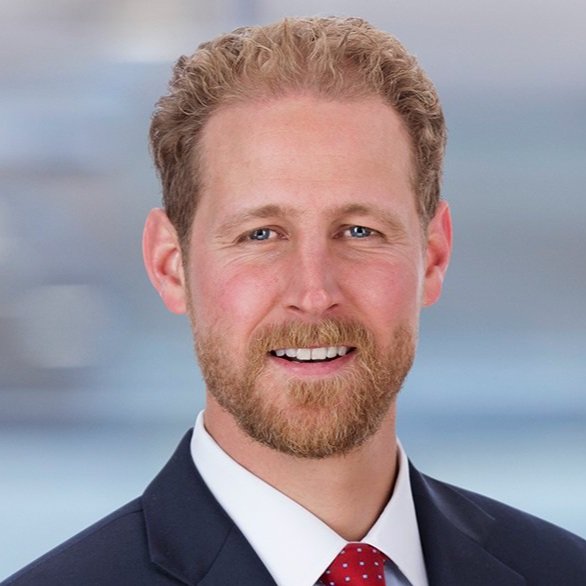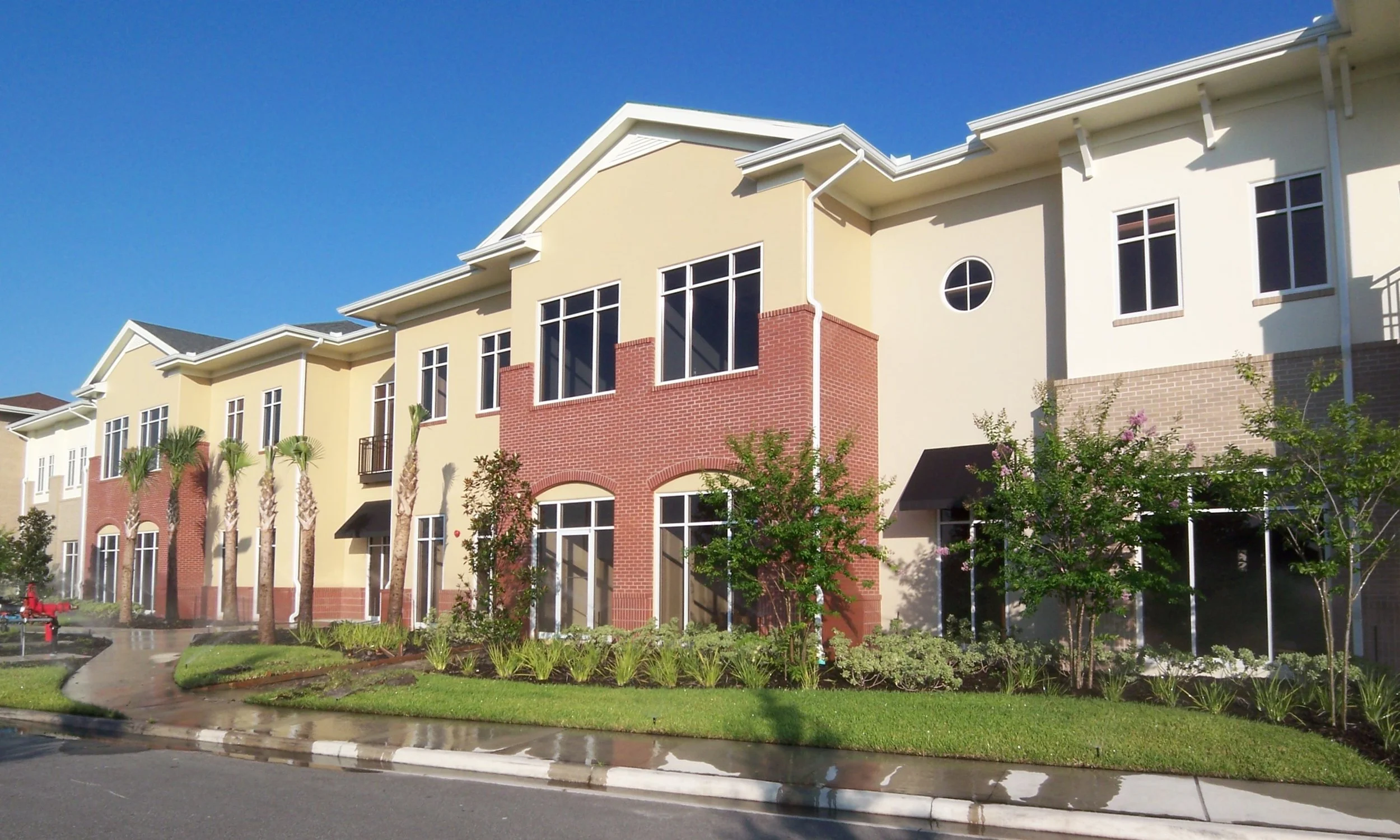LATEST NEWS
Considering a Practice Sale and Own Your Medical Real Estate?
DON’T LOOSE SIGHT OF YOUR MEDICAL REAL ESTATE WHEN SELLING TO PRIVATE EQUITY
2022 was the second-highest year on record for healthcare private equity by many measures, even though overall activity declined from 2021’s record-breaking highs.
Accounting for approximately 863 transactions, 2022 saw a continuation of 2021’s record-setting pace for healthcare private equity deal volume and deal value, but geopolitical uncertainty, inflation, tight credit, and labor force pressures caught up to the market in the second half of the year.
With that said, consideration for the real estate that the practices are located in, much of which is also owned by the physicians was often given very little consideration.
This article explains why physician practices that are contemplating a private equity transaction should not lose sight of their real estate assets.
YoY HEALTHCARE PRIVATE EQUITY DEAL VOLUME
There are certain implications of selling your practice to private equity that can negatively impact the value of your real estate. These transactions often overlook the value of the real estate on which the practices are located. If you are exploring a private equity transaction, it’s critical to also have consideration for how real estate fits into the equation. It’s imperative as they go hand in hand with one another enabling you to maximize the proceeds of both.
As owner/occupants, you can determine your own rent and lease terms, which are the two primary drivers in determining the value of your healthcare real estate assets. A private equity transaction will result in a change to this arrangement, affecting the physician group's ability to modify rent or lease terms and thereby impact their capacity to increase or decrease the value of their holdings.
As part of a private equity transaction, it is common to negotiate a new lease that formalizes the relationship between the landlord (physician real estate entity) and the tenant (private equity-backed practice), defining their respective responsibilities. This new lease plays a crucial role in determining the fixed value of the property and is greatly influenced by its negotiated terms. It is essential to structure the lease properly during a private equity transaction to enhance the value of the real estate without negatively impacting the overall valuation of the practice.
THINGS TO THINK ABOUT WHEN STRUCTURING A LEASE:
Fair Market Rent (FMR)
Long Term Lease
Annual Rental Increases
Option Language
Lease Type – NNN v FSG v MG
Corporate Guarantee
Non – Recourse Lease
Right of First Refusal (ROFR)
Once a private equity transaction closes and the lease is executed, it’s very difficult to renegotiate the terms. It’s not impossible, but we have seen it all too often where physician groups are either unable to sell the real estate or are having to unwind a non-institutional quality lease.
Consequently, restructuring the lease as a part of a private equity transaction is a valuable pursuit. Properly allocating rent prior to a private equity transaction can result in higher total sale proceeds for both the practice and the real estate. The reason being the multiple on the real estate is going to be considerably higher than on the practice. Therefore, you can effectively have your cake and eat it – if structured correctly.
A thoughtfully designed lease will increase the desirability of your medical real estate holdings to prospective buyers. When a property is accompanied by a long-term lease agreement and a steady rental income, buyers will pay a premium.
Physician groups can optimize the value of their medical real estate holdings and establish a strong position for the future by partnering with a knowledgeable healthcare real estate advisor and dedicating the necessary effort to create a carefully tailored lease.
Your Trusted Healthcare Real Estate Partner
CREG | U.S. HEALTHCARE INVESTMENT SALES
Andrew R. Larwood
Managing Partner & Principal
m: +1 (770) 845-2091
andrew.larwood@capitalre.com
Allen C. Inman
Managing Partner & Principal
m: +1 (404) 550-7897
allen.inman@capitalre.com
Joshua D. H. Rees
Managing Partner & Principal
m: +1 (858) 312-0657
josh.rees@capitalre.com






















